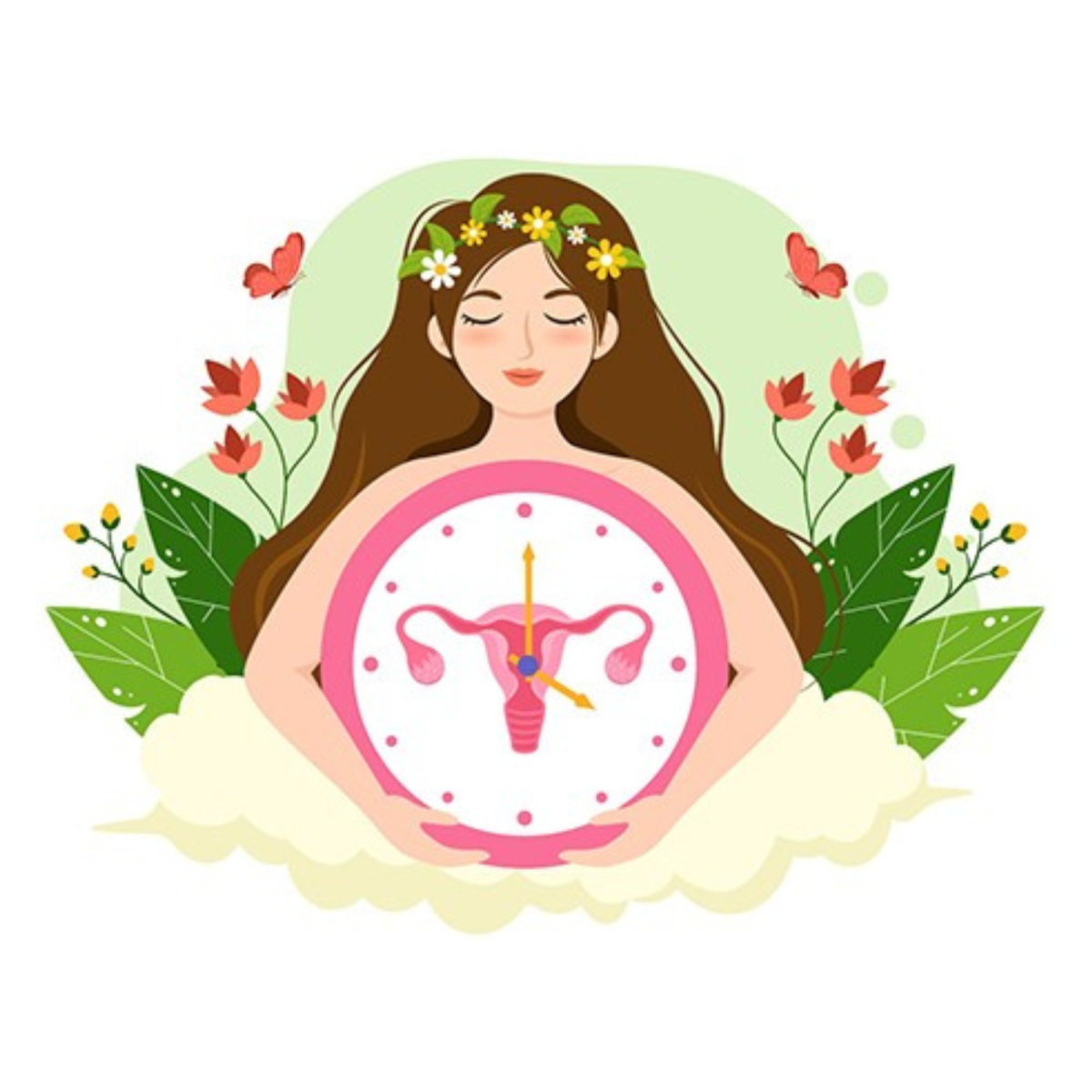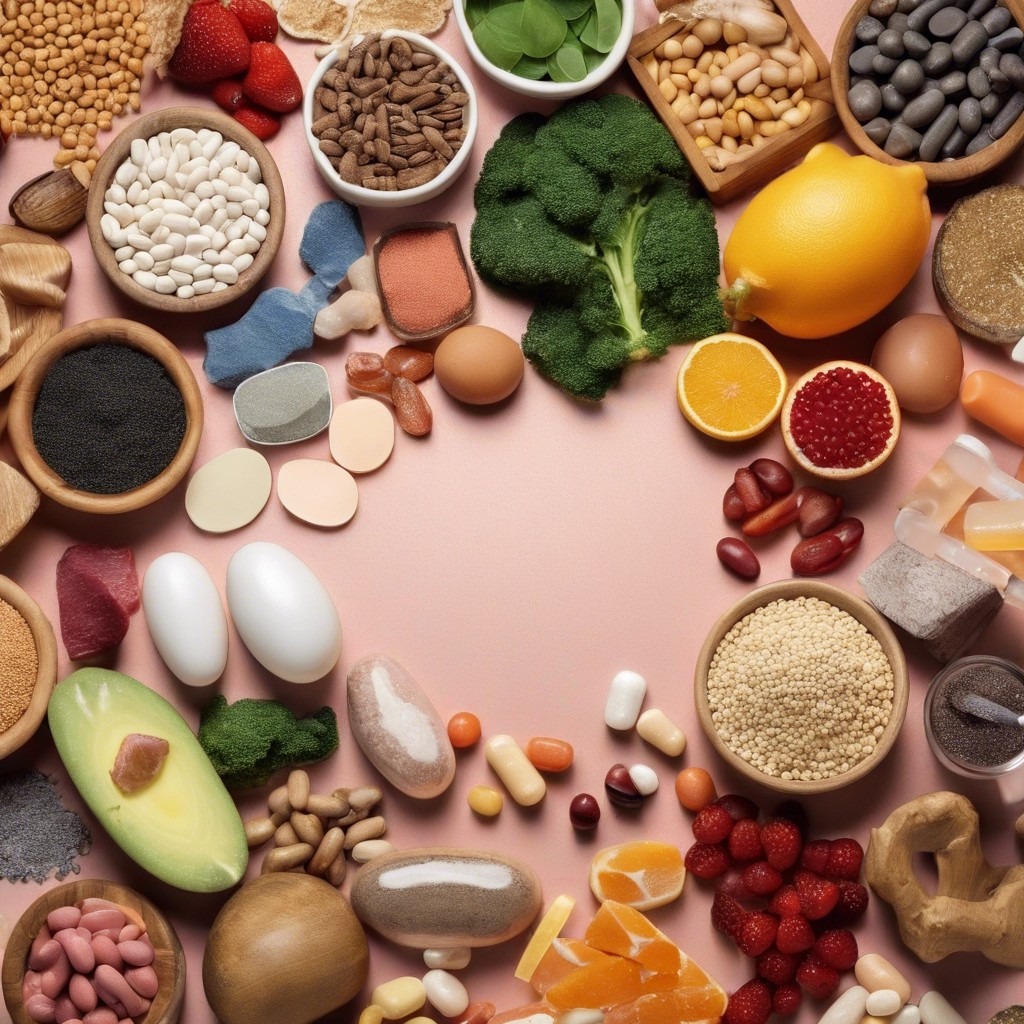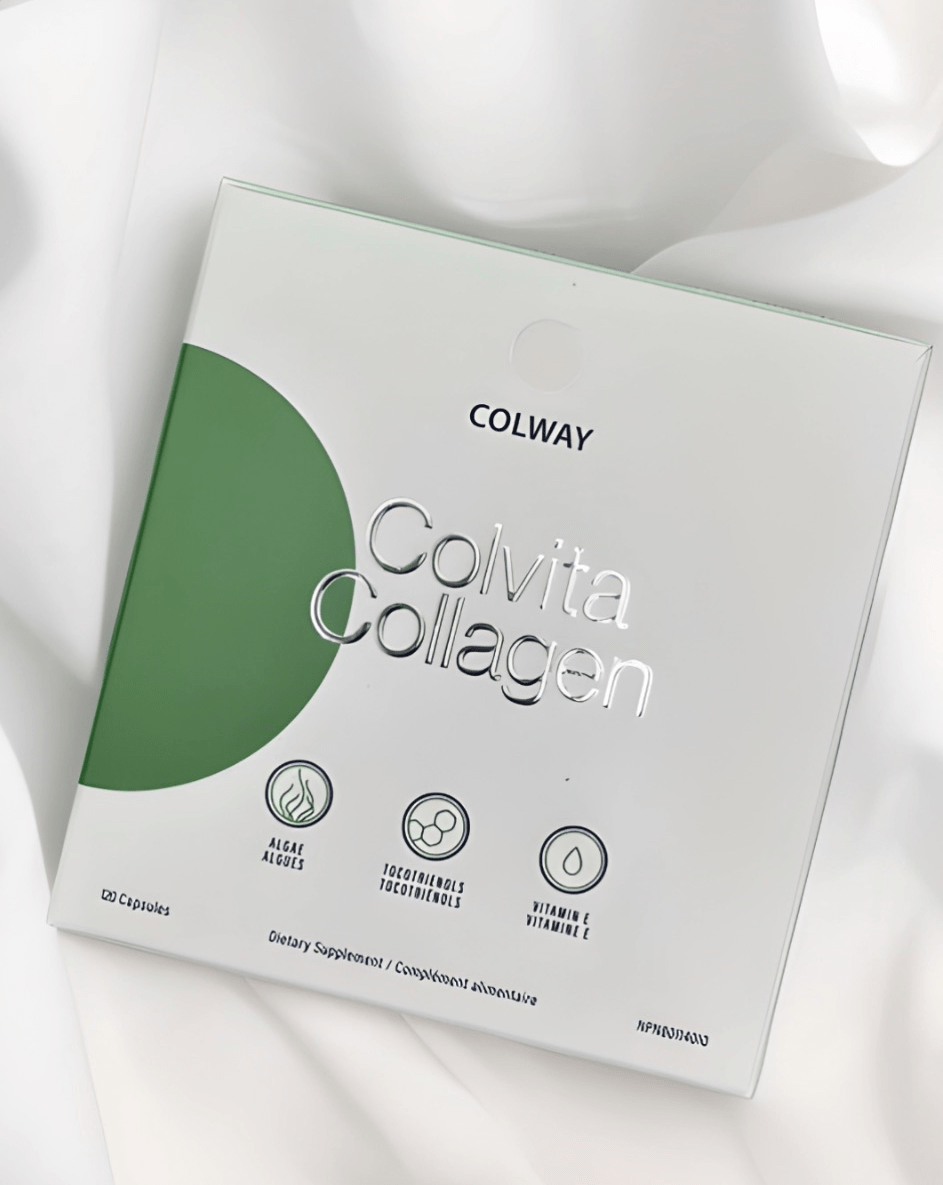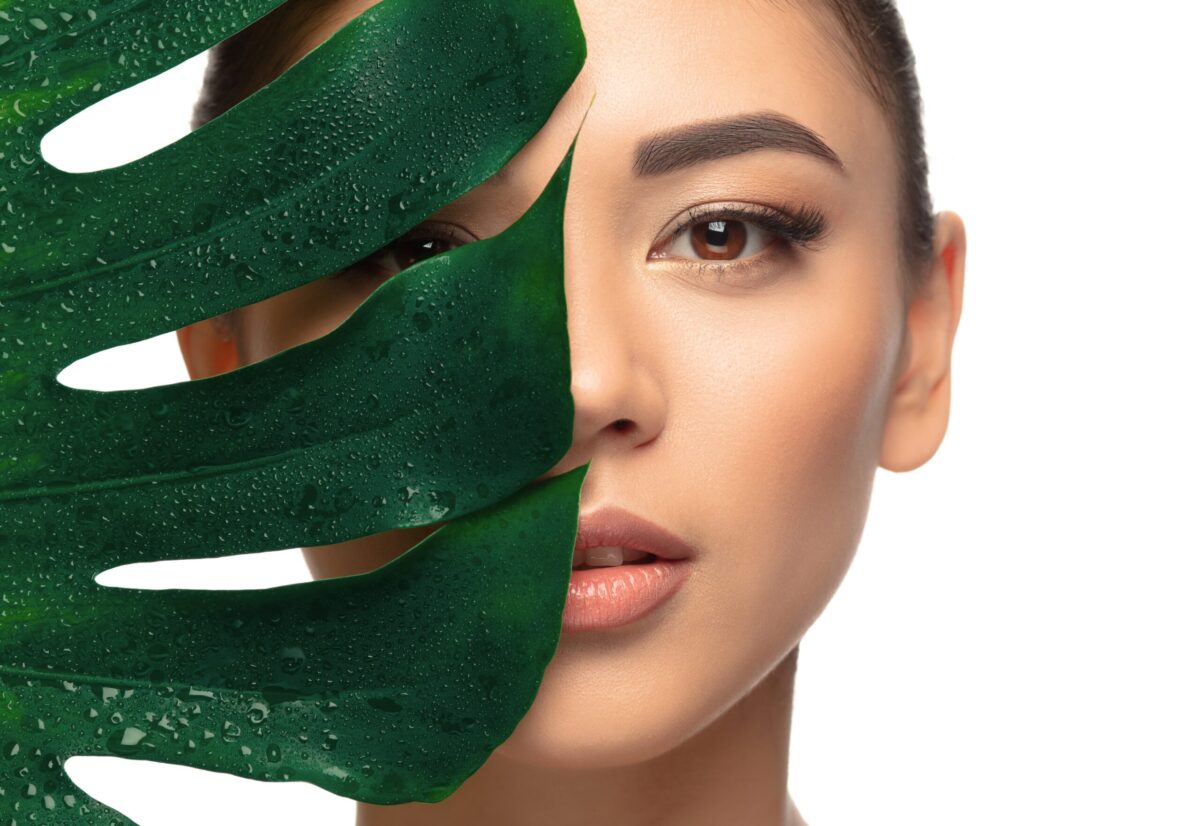
Ever looked in the mirror a few days before your period and thought, “Who is this pale, puffy-faced person staring back at me?” “Is this my new normal?” Don’t worry – you’re not imagining things! Let’s dive into the fascinating (and sometimes frustrating) science behind why we go through these changes, and what we can actually do about them.
The Hormone Party (That Nobody Asked For)
Think of your hormones like guests at a party. Right before your period, they’re all doing their own thing:
Progesterone: The Drama Queen
This hormone hits the highest of highs after ovulation, then dramatically exits the scene just before your period. Research shows this diva-like behavior is responsible for that lovely bloated feeling that makes your favorite jeans mysteriously shrink. Studies from the International Journal of Women’s Dermatology confirm that up to 92% of us deal with this water retention drama – so you’re definitely not alone!
Estrogen: The Glow-Getter
Remember that natural glow you had mid-cycle? That was estrogen working its magic! But right before your period, it pulls a disappearing act. Scientists have found this drop can reduce your skin’s moisture by 14% – explaining why wrinkles become more prominent and favorite moisturizers suddenly feel as effective as putting drops of water on a desert.
Testosterone: The Uninvited Guest
While everyone else is leaving the party, testosterone stays put, leading to what researchers call “hormonal imbalance” (what we call “why is my face breaking out like I’m 16 again?”). Studies show this can increase oil production by up to 35% – hello, surprise acne!
Why You Might Feel Less Like Your Superstar Self
The Face Situation
Research shows these hormonal changes can lead to:
- Skin that’s suddenly playing oil factory (affecting 65% of women)
- A complexion that’s giving “tired” vibes (thanks to that 14% drop in hydration)
- Pores that decide to become more… noticeable
But here’s the good news: these changes are temporary and totally normal! A 2023 study found that these effects typically peak 2-3 days before your period and start improving once your cycle begins.
The Puff Factor
That slightly swollen feeling isn’t your imagination either. Scientists have found that premenstrual fluid retention can actually change your face shape by 2-4%. Think of it as your body’s monthly face filter – but one you definitely didn’t ask for.
How to Show Your Body Who’s Boss
Skincare Superpowers
Research-backed tricks that actually work:
- Products with salicylic acid can reduce premenstrual breakouts by nearly 50% (science’s way of saying “back off, hormonal acne!”). We like PCA 2% salicylic acid cleanser or ZO acne pads 2% Salicylic acid.
- Hyaluronic acid increases skin hydration by 55% (like a tall drink of water for your face). We like SkinMedica HA serum or PCA Hyaluronic acid serum.
- Niacinamide reduces oil production by 35% (telling those overactive oil glands to calm down). We like ZO Pore Refiner.
Food Fixes That Work
Studies show some clever eating strategies can help:
- Cutting back on salt reduces puffiness by 40% (sorry, chips)
- Loading up on omega-3s (found in salmon, walnuts, and chia seeds) reduces inflammation by 25%
- Staying hydrated improves skin moisture by 28% (yes, water really helps)
Lifestyle Game-Changers
Science-backed ways to feel better:
- 30 minutes of exercise reduces bloating by 42% (even a brisk walk counts!)
- Regular yoga improves sleep quality by 45% (and improves mood)
- Meditation reduces stress hormones by 27% (goodbye, stress breakouts)
- The Bottom Line
The Bottom Line
Your hormones might feel like they’re throwing a monthly party you didn’t ask to host, but remember – these changes are temporary and totally normal. Research shows that most women experience similar changes, so you’re in good company!
The best part? Now you know exactly what’s happening and have some science-backed tricks up your sleeve to deal with it. Think of it as your personal monthly reset – a reminder that your body is doing exactly what it’s supposed to do, even if it feels a bit chaotic sometimes.
Remember: The puffiness is temporary and a natural part of your cycle. Armed with these strategies, you can face these changes with confidence (and maybe a really good moisturizer). We like ZO hydrating cream, Renewal cream, and Skin Medica HA serum.
Note: Individual experiences may vary, and it’s important to consult healthcare providers for personalized advice.
References available upon request. All statistics and research findings cited are from peer-reviewed scientific journals published between 2019-2023.





